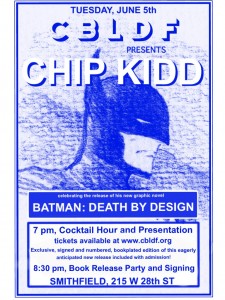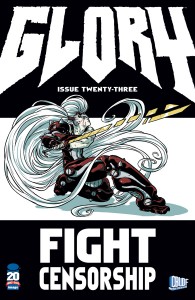This Saturday, Alliance Comics is sponsoring a CBLDF Awareness Day with special guest X-O Manowar writer Robert Venditti! Venditti will be signing from noon to 3:00 p.m. at the Baltimore store (904 Light Street, Baltimore, MD 21230; 410-685-0021). CBLDF has teamed up with Alliance for an amazing raffle, including the following items:
Several different limited editions of X-O Manowar #1
Limited edition X-O Manowar art prints
Chew volume 1, signed by writer John Layman
Astonishing X-Men volume 1, signed by penciler John Cassaday
Green Lantern Secret Origin, signed by writer Geoff Johns
American Vampire volume 1 hardcover, signed by writer Scott Snyder
Watchmen hardcover, signed by penciler Dave Gibbons
Elektra: Assassin hardcover, signed by Bill Sienkiewicz
More items will likely be added to the raffle, and all proceeds will go to CBLDF to support our important First Amendment work!
If you live in the Baltimore area, head over to Alliance Comics on Saturday, June 9, 12:00 – 3:00 p.m., to support the CBLDF and a great store! Get more details about Alliance Comics’ CBLDF Awareness Day here.



